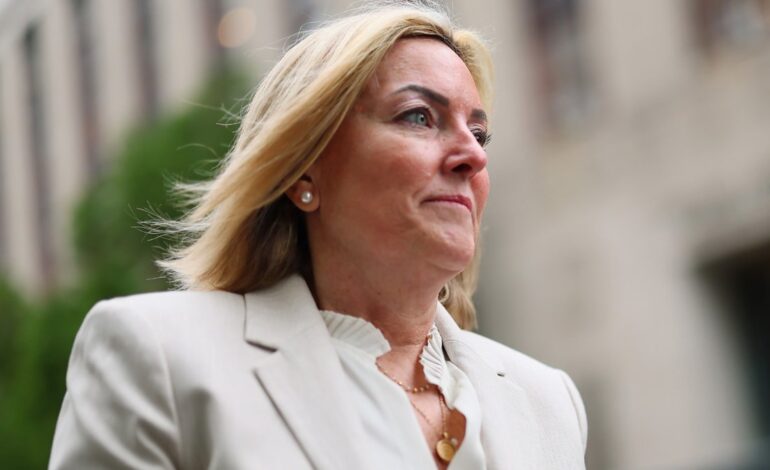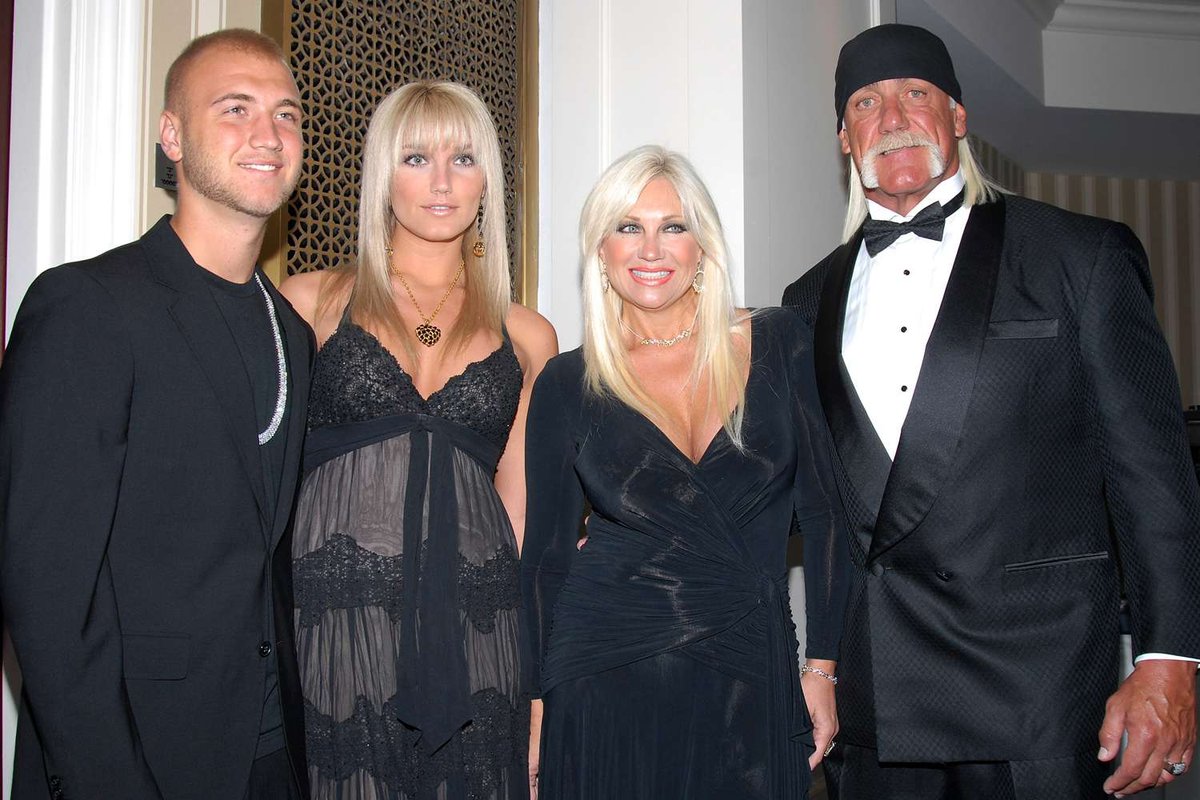Expert Unmasks Abuse Dynamics in Diddy Trial

Rev up—today’s deep-dive into the Diddy trial is your personal playbook for resilience and growth! In a gripping May 21, 2025, hearing at Manhattan Supreme Court, forensic psychologist Dr. Dawn Hughes took the stand to reveal the hidden architecture of abusive relationships and why survivors often feel trapped. Citing decades of clinical research and insights from her sessions with real-life survivors, Hughes broke down the classic cycle of abuse—tension building, incident, reconciliation, calm—and showed how each phase installs fear, shame, and confusion in victims. According to TMZ’s courtday reporting and People Magazine’s in-depth analysis, Hughes testified that many survivors develop a trauma bond that feels as unbreakable as steel, even long after the violence stops.
Hughes walked jurors through the psychological barriers that keep someone tethered to a dangerous partner: fear of retaliation, financial dependence, internalized blame, and distorted hope that “this time will be different.” She referenced peer-reviewed studies demonstrating how dopamine spikes during reconciliation can mimic addiction, making it nearly impossible for victims to walk away. Hughes also highlighted the role of societal stigma—how friends and family often misjudge delayed disclosures as “drama,” compounding isolation.
Drawing on public records and victim interviews shared under protective order, the expert outlined a six-point survival toolkit: trust your intuition, map your support network, document every incident, seek professional validation, craft an exit strategy, and hold fast to the truth that you deserve safety. Each step is a call to action—a challenge to turn trauma into triumph. As Hughes told the court, “Understanding these patterns isn’t just about assigning blame; it’s about empowering survivors to reclaim their narrative.”
This eye-opening testimony not only shapes the legal battle in Diddy’s defense but also offers a universal lesson: knowledge is the first line of defense. By spotlighting the intertwining of psychology and legal accountability, Hughes’s testimony equips anyone—victim or ally—with critical tools for intervention and healing. Whether you’re navigating a tough professional relationship, supporting a friend, or facing personal adversity, these insights light the way to freedom.
Ahead of closing arguments, keep your eyes on how the defense will counter these expert findings and what this means for future abuse-related litigation. The next courtroom moves could redefine how U.S. courts evaluate victim behavior under duress—and rewrite the rulebook on survivor support. Now grab these revelations, stand up for your boundaries, and charge forward with unshakable confidence! Keep pushing forward and stay inspired!
Sources: Celebrity Storm and TMZ, People Magazine
Attribution: Creative Commons Licensed




